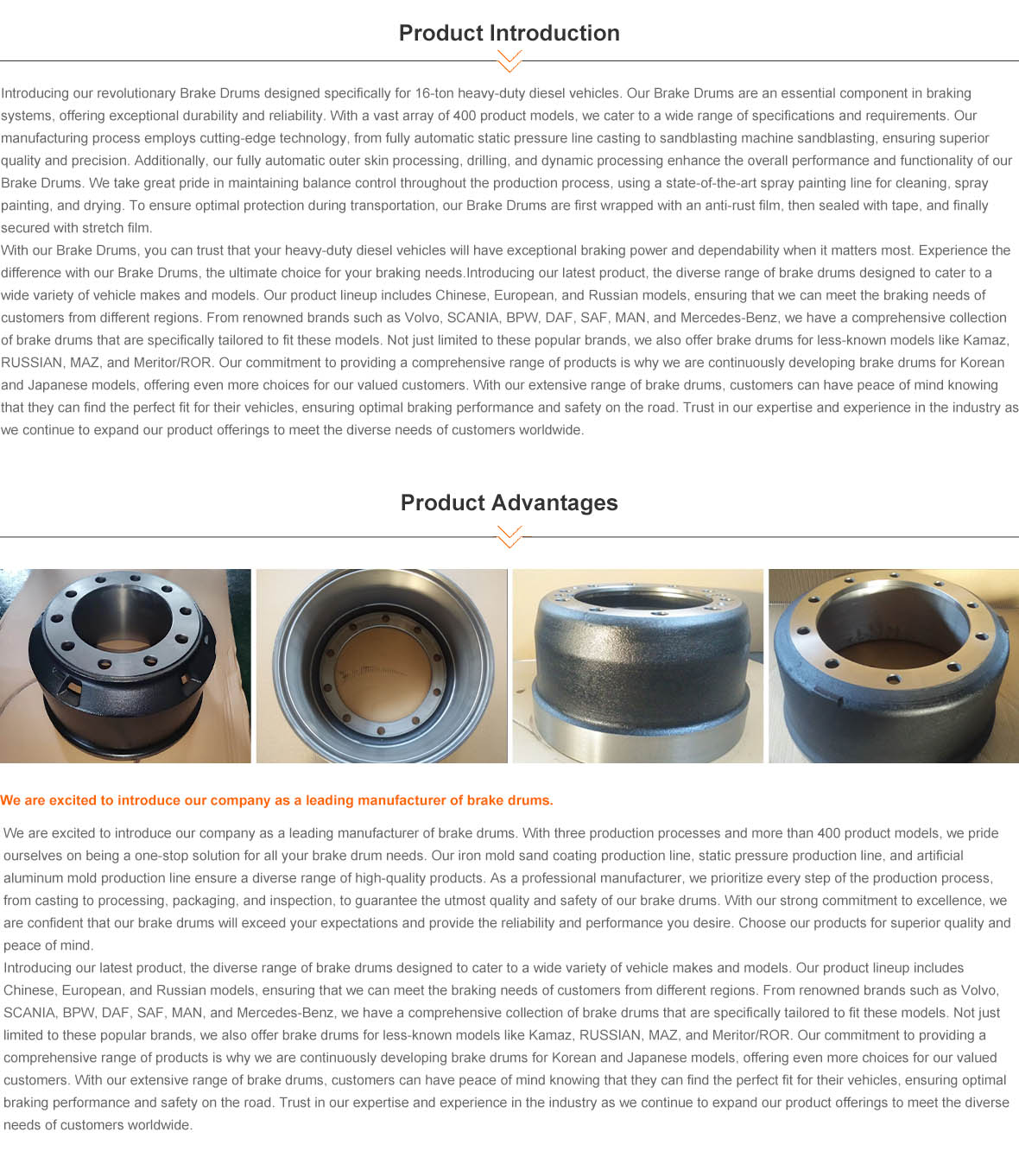
-
 Afrikaans
Afrikaans -
 Albanian
Albanian -
 Amharic
Amharic -
 Arabic
Arabic -
 Armenian
Armenian -
 Azerbaijani
Azerbaijani -
 Basque
Basque -
 Belarusian
Belarusian -
 Bengali
Bengali -
 Bosnian
Bosnian -
 Bulgarian
Bulgarian -
 Catalan
Catalan -
 Cebuano
Cebuano -
 Corsican
Corsican -
 Croatian
Croatian -
 Czech
Czech -
 Danish
Danish -
 Dutch
Dutch -
 English
English -
 Esperanto
Esperanto -
 Estonian
Estonian -
 Finnish
Finnish -
 French
French -
 Frisian
Frisian -
 Galician
Galician -
 Georgian
Georgian -
 German
German -
 Greek
Greek -
 Gujarati
Gujarati -
 Haitian Creole
Haitian Creole -
 hausa
hausa -
 hawaiian
hawaiian -
 Hebrew
Hebrew -
 Hindi
Hindi -
 Miao
Miao -
 Hungarian
Hungarian -
 Icelandic
Icelandic -
 igbo
igbo -
 Indonesian
Indonesian -
 irish
irish -
 Italian
Italian -
 Japanese
Japanese -
 Javanese
Javanese -
 Kannada
Kannada -
 kazakh
kazakh -
 Khmer
Khmer -
 Rwandese
Rwandese -
 Korean
Korean -
 Kurdish
Kurdish -
 Kyrgyz
Kyrgyz -
 Lao
Lao -
 Latin
Latin -
 Latvian
Latvian -
 Lithuanian
Lithuanian -
 Luxembourgish
Luxembourgish -
 Macedonian
Macedonian -
 Malgashi
Malgashi -
 Malay
Malay -
 Malayalam
Malayalam -
 Maltese
Maltese -
 Maori
Maori -
 Marathi
Marathi -
 Mongolian
Mongolian -
 Myanmar
Myanmar -
 Nepali
Nepali -
 Norwegian
Norwegian -
 Norwegian
Norwegian -
 Occitan
Occitan -
 Pashto
Pashto -
 Persian
Persian -
 Polish
Polish -
 Portuguese
Portuguese -
 Punjabi
Punjabi -
 Romanian
Romanian -
 Russian
Russian -
 Samoan
Samoan -
 Scottish Gaelic
Scottish Gaelic -
 Serbian
Serbian -
 Sesotho
Sesotho -
 Shona
Shona -
 Sindhi
Sindhi -
 Sinhala
Sinhala -
 Slovak
Slovak -
 Slovenian
Slovenian -
 Somali
Somali -
 Spanish
Spanish -
 Sundanese
Sundanese -
 Swahili
Swahili -
 Swedish
Swedish -
 Tagalog
Tagalog -
 Tajik
Tajik -
 Tamil
Tamil -
 Tatar
Tatar -
 Telugu
Telugu -
 Thai
Thai -
 Turkish
Turkish -
 Turkmen
Turkmen -
 Ukrainian
Ukrainian -
 Urdu
Urdu -
 Uighur
Uighur -
 Uzbek
Uzbek -
 Vietnamese
Vietnamese -
 Welsh
Welsh -
 Bantu
Bantu -
 Yiddish
Yiddish -
 Yoruba
Yoruba -
 Zulu
Zulu
Which is Superior Drum Brakes or Disc Brakes for Performance and Safety
Are Drum or Disc Brakes Better? A Comprehensive Comparison
When it comes to vehicle braking systems, the debate between drum and disc brakes is longstanding and significant for automotive enthusiasts and everyday drivers alike. Each braking system has its own set of advantages and disadvantages, making it essential to understand the differences in order to make an informed decision for either vehicle maintenance or purchasing a new car.
Understanding the Basics Drum and Disc Brakes
Drum brakes consist of a round drum that rotates with the wheel, where brake shoes are pushed outward against its inner surface. This creates friction to slow down or stop the vehicle. In contrast, disc brakes utilize a rotor (disc) that rotates along with the wheel; when the brake pedal is pressed, calipers squeeze brake pads against the rotor to create friction.
Performance and Efficiency
When considering performance, disc brakes generally outperform drum brakes in terms of heat dissipation. Disc brakes tend to shed heat more effectively, which prevents brake fade—a reduction in stopping power that occurs when brakes are overheated. This characteristic makes disc brakes the preferred choice for high-performance vehicles, as they can maintain consistent performance under heavy use.
However, drum brakes have their advantages in specific situations. They provide better braking force for heavier vehicles and can offer stronger performance when the brakes are not under constant heavy use. This is why many larger vehicles, such as trucks and SUVs, still utilize drum brakes on their rear wheels.
Maintenance and Longevity
are drum or disc brakes better

Maintenance is another critical factor to consider. Drum brakes are more complex, requiring more parts, and thus can be more time-consuming and expensive to service. The enclosed design of drum brakes can also trap moisture and debris, leading to quicker wear and potential corrosion. In contrast, disc brakes are simpler and easier to inspect and replace, leading to lower long-term maintenance costs.
Disc brakes generally offer increased longevity due to their robust design and less susceptibility to overheating damage. However, the higher initial cost of disc brake systems can be a deterrent for budget-conscious consumers.
Weight and Economy
Weight is an often-overlooked consideration in the drum versus disc brakes debate. Drum brakes are typically heavier, which can affect the vehicle's overall weight and, consequently, fuel economy. As manufacturers strive for lighter materials and designs, the trend has been moving towards disc brakes for improved efficiency.
Conclusion Choosing the Right Brake System
Ultimately, the decision between drum and disc brakes can depend on various factors, including the type of vehicle, the intended use, and personal preferences. For everyday passenger vehicles, disc brakes are often the better choice due to their superior performance, ease of maintenance, and longevity. On the other hand, drum brakes continue to have their place in larger, heavier vehicles where service life and economy are prioritized.
In conclusion, understanding the detailed differences and considerations between drum and disc brakes will equip drivers with the knowledge necessary for making informed decisions regarding their vehicles. Whether one opts for the reliable simplicity of drum brakes or the modern efficiency of disc brakes, recognizing the unique advantages of each system is crucial for optimal driving safety and performance.
-
What Are Drum BrakesNewsJul.07,2025
-
Understanding Brake Drum MaterialNewsJul.07,2025
-
Semi-Trailer Brake Drum: A Key Component for Extreme Loads and Long-Distance TransportNewsJul.07,2025
-
Drum Brake Pads for SaleNewsJul.07,2025
-
Brake Drums for SaleNewsJul.07,2025
-
Brake Drum ManufacturerNewsJul.07,2025
-
Aluminum Brake Drums: The Future of High-Performance CarsNewsJul.07,2025
